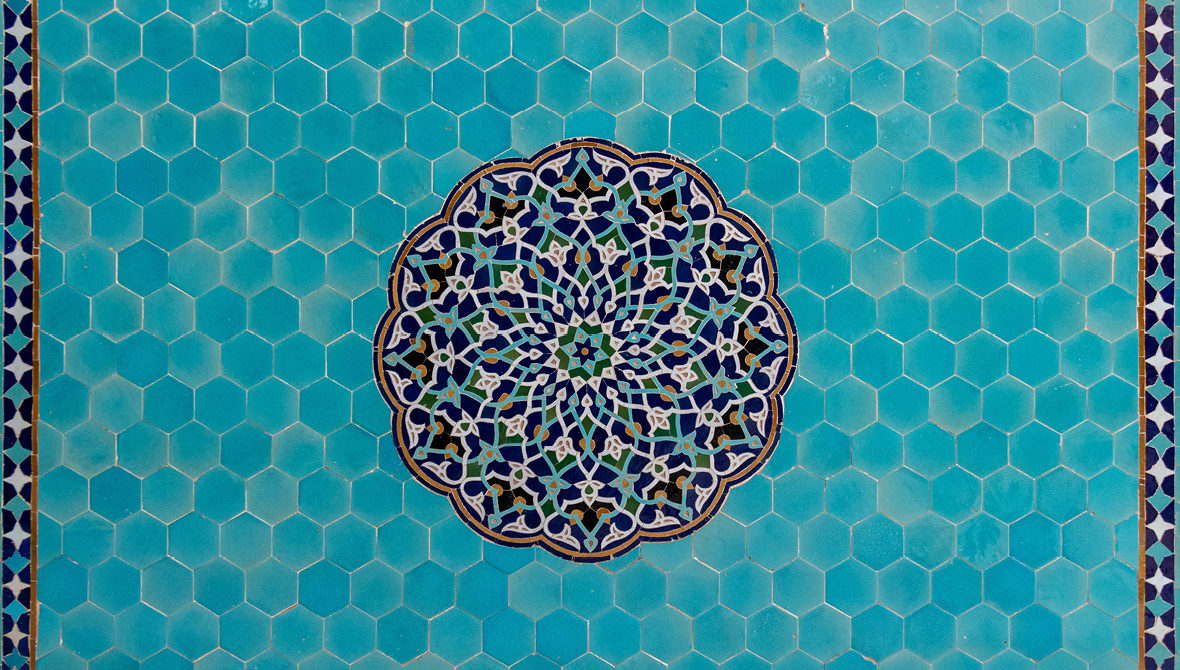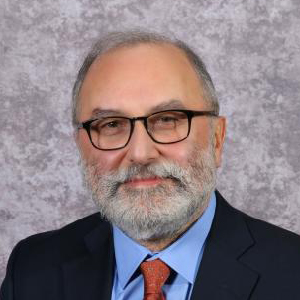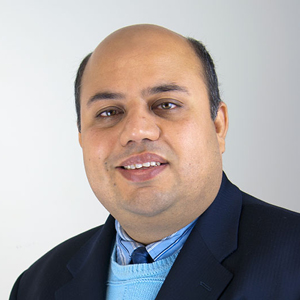Understanding Differences in Culture, Faith, and Origin Through Philanthropy


Understanding other cultures and the ways they give of their time, talent, and treasure through their faith, can help strengthen and advance philanthropy. Philanthropy is a cornerstone to many cultures and religions and helps to define many of our rituals and rites of passage. This is certainly true for Arab- and Muslim Americans, who practice philanthropy in ways both varied and deep. The increasing globalization of our communities requires us to explore how cultures, faith, and philanthropy all intertwine.
The Islamic tradition can be challenging to study as it urges that Muslims keep their philanthropy private — which can lead to an under-reporting of their giving. However, we do know that philanthropy, or Zakat (giving 2.5% of your surplus wealth), is seen as the second most important of the five pillars of Islam (faith, prayer, charity, fasting, and pilgrimage to Mecca), according to the Zogby American Muslim Poll).[1] Still, there tend to be lower levels of giving reported than might be expected, perhaps due to the younger and less affluent population of American Muslims who have not yet fully come into their philanthropy.
We do know that Muslim Americans have seen an incredible growth of philanthropic and nonprofit institutions meant to further their religious identity in recent years. However, Muslim Americans are an incredibly diverse group. The community lacks an alignment of issues that it can rally around because of these disparate interests and priorities within the faith community.
The major impetus behind heightening interests in philanthropy among Arab Americans is a sense of renewed activism after the backlash of the terrorist attacks of September 11, 2001. The impact of September 11th spurred civic participation globally, but especially among Arab- and Muslim Americans. Philanthropy was seen as a way of addressing the pervasive negative stereotypes of Arab Americans by “telling the story” of Arab American contributions to American Society.
“[I]f Muslim and Arab American-supported nonprofits and funding organizations are to be successful and sustainable, they must shift the paradigm from raising donations through fear to working to inspire individuals to give.”
Still, if Muslim- and Arab-American-supported nonprofits and funding organizations are to be successful and sustainable, they must shift the paradigm from raising donations through fear to working to inspire individuals to give. Far too often, these nonprofits present the threat and show how the nonprofit can “fight” against the threat. Few dive into the donors’ priorities and how philanthropy can shape the donors’ vision of a better America.
In a report on Arab American philanthropy prepared by Karen Rignall in October 2006, Arab Americans defined philanthropy as “giving of oneself, for the sake of community development and empowerment.”[2] The word “empowerment” is now often used in all forms of Arab- and Muslim-American civic engagements, and it is a very powerful motivator in forging their place in the new American society. One shining example, the Center for Arab American Philanthropy (an arm of ACCESS that was created in 2006 and serves as an Arab American national community foundation), is playing a leadership role in educating Arab Americans about the power of strategic giving. CAAP is empowering Arab American donors by providing the tools and support they need to make an impact with their strategic philanthropy, and raising awareness throughout the Arab American community about challenges facing Arab Americans and what organizations are doing to empower our community.
As practitioners in the philanthropic sector and those concerned about our country’s rich and inclusive culture, we know our challenges will become increasingly global in nature. We must understand and support our neighbors. Philanthropy (acts for the love of humanity) can serve as a powerful resource if we all work together to see each other as contributors, embracing our differences in cultures, faiths, and origins.
_______________
[1] Siddiqui, Shariq. “Giving in the Way of God: Muslim Philanthropy in the US.” In For The Sake of God, ed. David Smith (Indiana: Indiana University Press, 2010), 28.
[2] Study in Arab American Charitable Giving authored by Karen Rignall and co-authored by Jeanette Mansour, October 2006.

